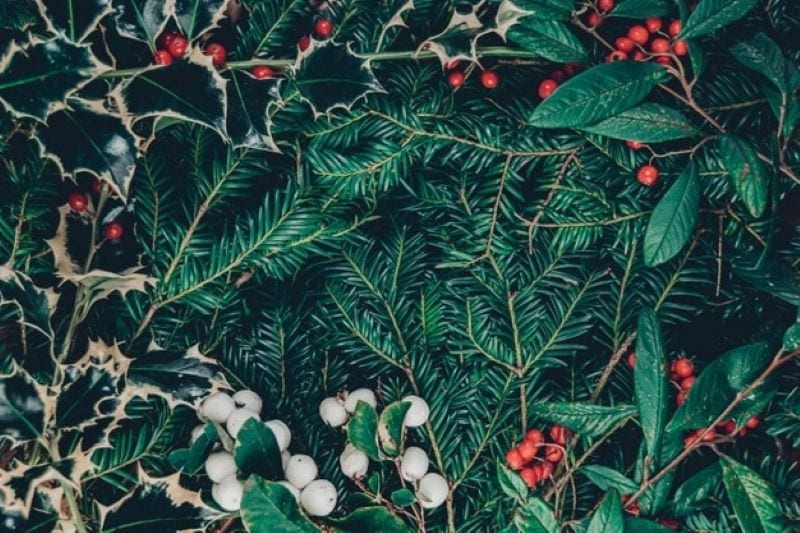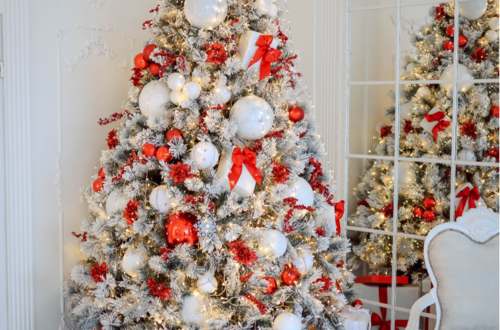
Celebrate Twelfth Night: A Festive Guide to its Traditions and Customs
Twelfth Night is a traditional British holiday that marks the end of the Christmas season. Celebrated on the 5th of January or the 6th of January, depending on one’s religious beliefs, it marks the twelfth night after Christmas Day, which is also known as the Epiphany. The holiday is steeped in centuries of customs and traditions that reflect the rich culture and history of the British Isles.
The History of Twelfth Night: From Pagan Origins to Christian Traditions
The origins of Twelfth Night can be traced back to ancient Rome, where it was celebrated as the Feast of Saturnalia. The holiday was marked by feasting, drinking, and revelry, and it was a time when social norms were turned on their head, and the lower classes could mock and ridicule the upper classes without fear of retribution. In medieval England, the holiday evolved into a celebration of the three wise men who visited the baby Jesus, and it became an important part of the Christmas season.
Twelfth Night Customs Around the World: From Wassailing to King Cake
One of the most iconic traditions of Twelfth Night is the Twelfth Night cake, which is baked with a hidden bean and a pea inside. The person who finds the bean becomes the King or Queen of the Twelfth Night celebrations, while the person who finds the pea becomes their consort. The Twelfth Night cake is a rich and decadent dessert that is often served with mulled wine, another popular tradition of the holiday.
Another tradition of Twelfth Night is the Wassail Bowl, which is a large bowl of spiced ale that is passed around at parties and celebrations. Wassailing was a medieval custom where groups of people would go from door to door singing carols and offering to bless the household with good luck and prosperity. The tradition of the Wassail Bowl is still alive today, and it is often served with a traditional carol, such as “Here We Come A-Wassailing.”
In addition to these traditional foods and drinks, Twelfth Night is also marked by a variety of rituals and customs, such as the burning of the Yule Log, the lighting of candles, and the decoration of the house with holly, ivy, and mistletoe. These customs reflect the ancient beliefs of the British people, who saw the winter solstice as a time of rebirth and renewal, and who used these rituals to ward off evil spirits and bring good luck and fertility to their homes.
Twelfth Night is a time of joy and celebration, and it is a time when friends and family come together to share in the traditions of the holiday. Whether you are baking a Twelfth Night cake, lighting candles, or singing carols, the customs of this ancient holiday remind us of the rich history and culture of the British Isles. So, this Twelfth Night, raise a glass of spiced ale, join a wassail, and celebrate the season the way our ancestors did for centuries before us.




